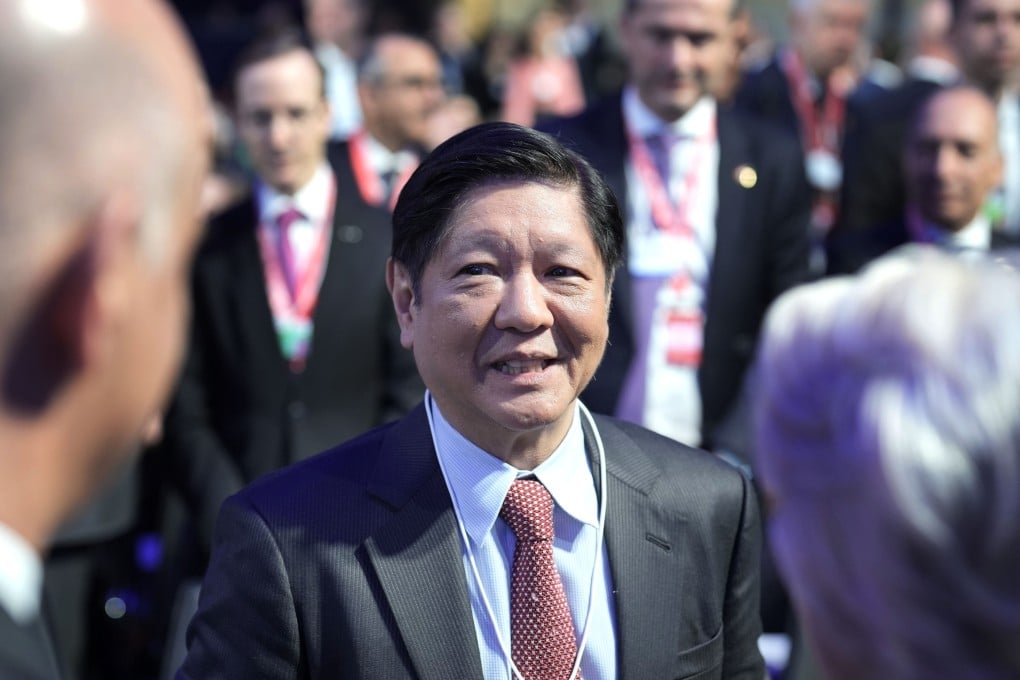Philippines’ Marcos to meet Japan’s Kishida in 5-day Tokyo trip to ‘further deepen’ bilateral ties
- Both nations keen to work together, but analysts say they may have slightly different priorities, with Manila keener on aid and economic assistance
- Manila ‘performing balancing act’; Marcos knows China vital for trade but also advocates closer security ties with Japan, US to counter Beijing’s expansionist policies

Philippine President Ferdinand Marcos Jnr will head a delegation of political and business leaders to Japan from February 8, with Manila and Tokyo seeking to deepen ties given new impetus under the former Abe administration.
Marcos is set to meet Prime Minister Fumio Kishida, who invited him to Tokyo when the two first met on the sidelines of the UN General Assembly in New York in September. They are expected to discuss trade, economic assistance and the security of the broader Indo-Pacific region.
First Lady Liza Araneta-Marcos, Senate President Juan Miguel Zubiri, House Speaker Martin Romualdez, former president Gloria Macapagal Arroyo, and Philippine business leaders will travel with President Marcos on the five-day visit, during which the leader and his wife will also meet Emperor Naruhito and Empress Masako.
Tokyo’s foreign ministry described Japan and the Philippines as “neighbouring maritime nations connected by historical bonds and strategic partners sharing fundamental values”, saying Marcos’ visit would “further deepen” bilateral cooperation”.
The two sides may, however, have slightly differing priorities within the relationship, observers say.
